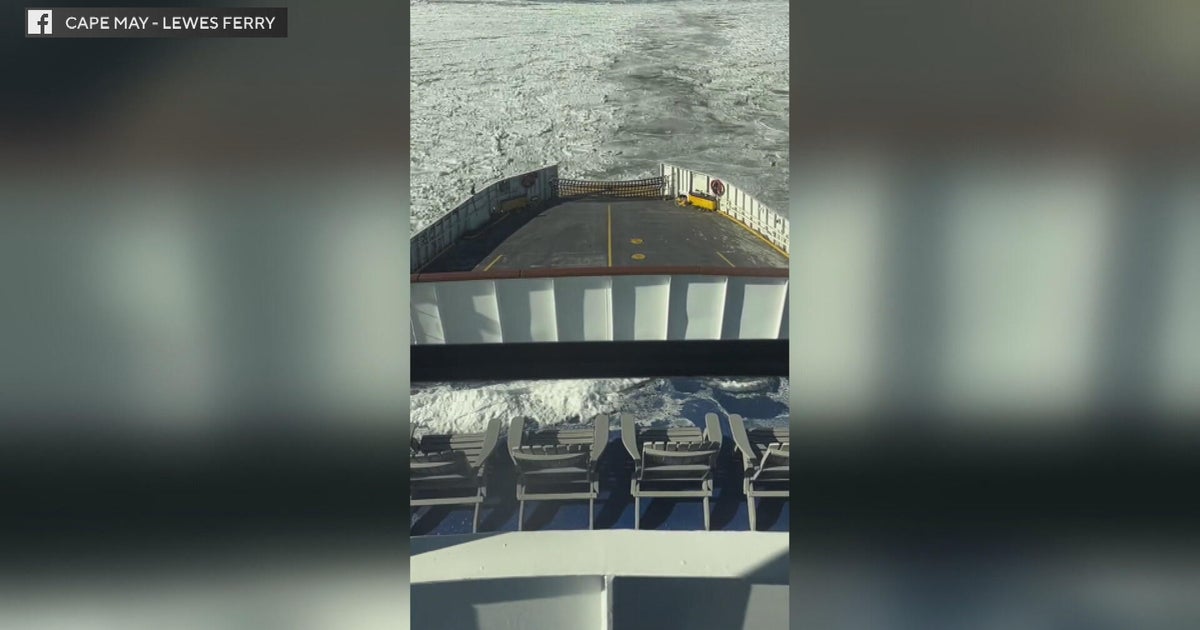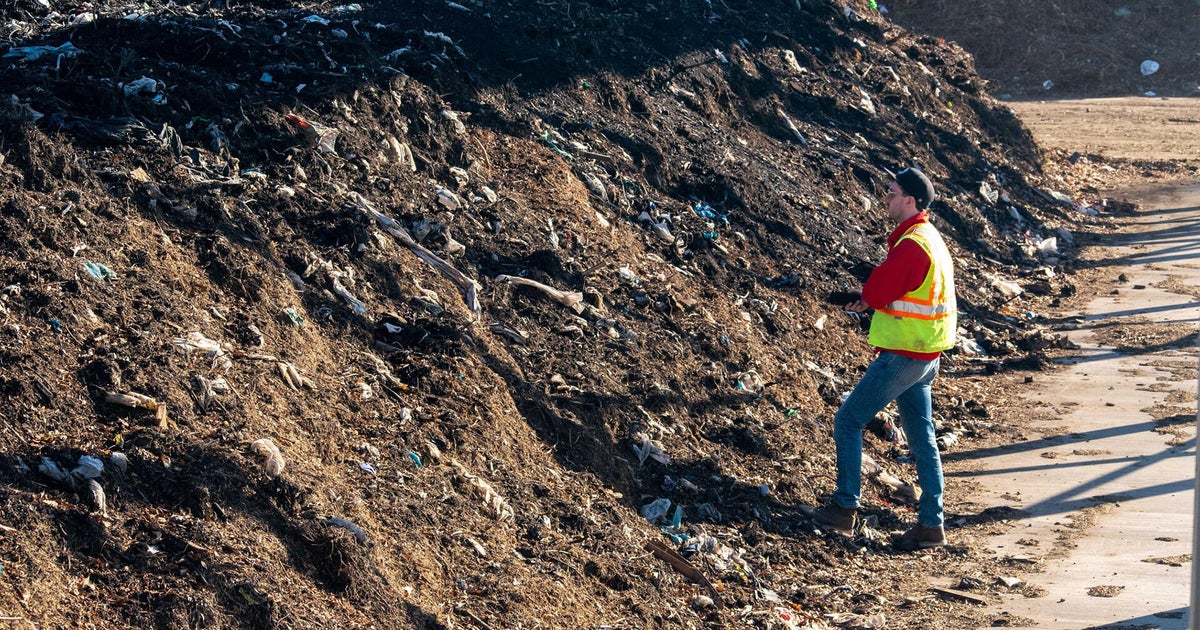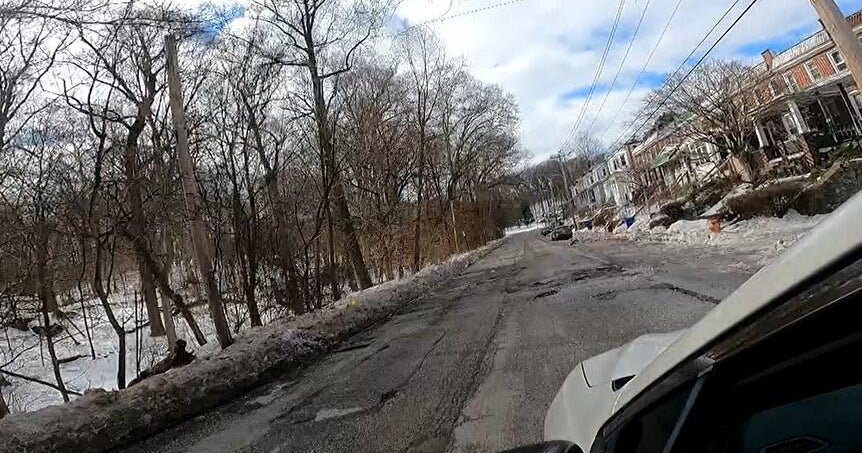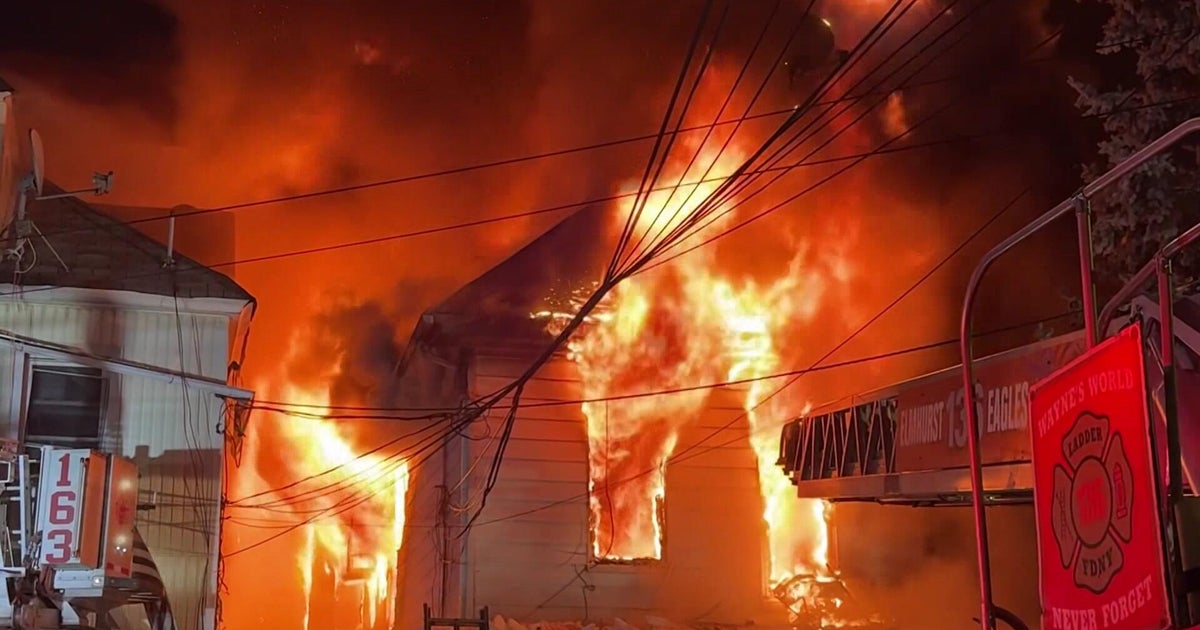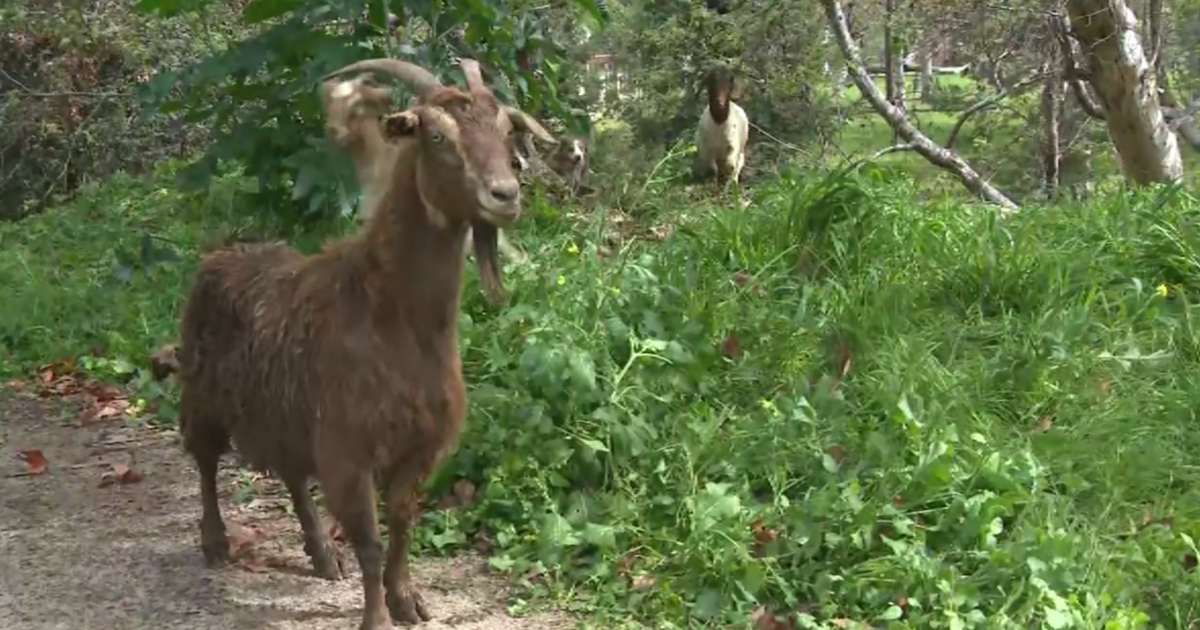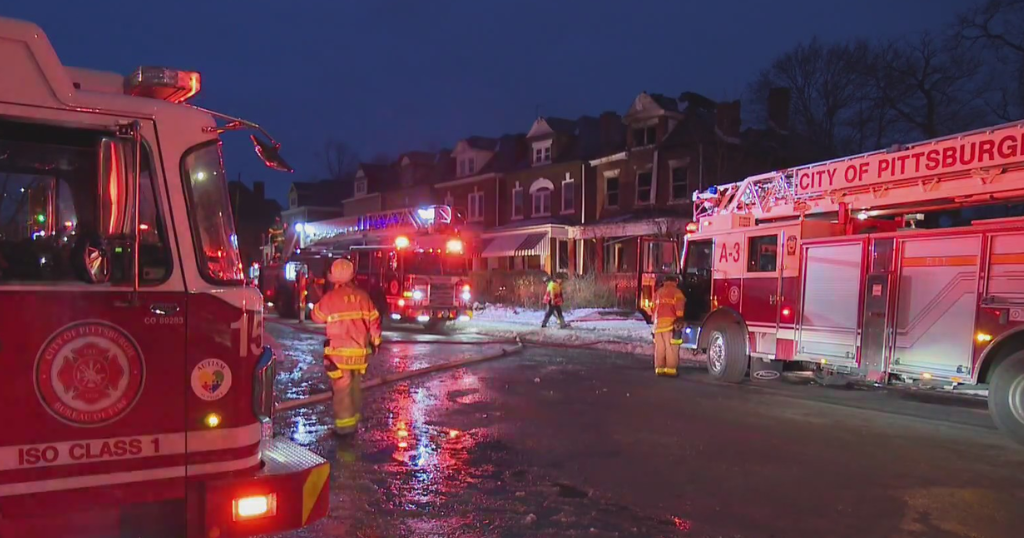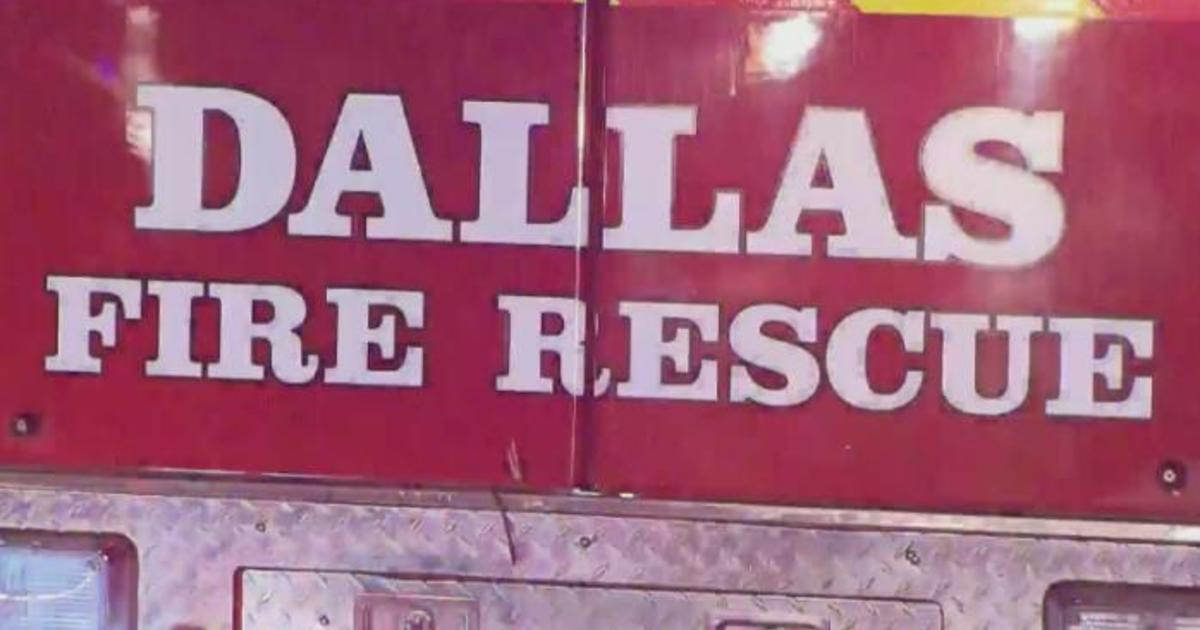Warming Climate Brings Summers So Dry Even Wet Winters Won't Dampen Fire Danger
SANTA ROSA (KPIX) -- For years, California firefighters have been describing a fire season with no end. A new study from a team of climate scientists and forest experts suggests this is, in fact, the new reality.
With forests packed with fuel and a warming climate making that fuel more likely to burn, even wet winters are no longer protecting California from devastating fire seasons.
Like a lot of people who lost their home in the Tubbs Fire, Scott Dennis is still trying to wrap his head around what happened in the North Bay in October, 2017.
"The night of the fire, for us, was kind of crazy," Dennis said, standing on the Fountaingrove lot where his house once was.
The Tubbs Fire and the entire fire siege of 2017 was just the first in a series of destructive fires in California.
"Now there's been what? Maybe three major fires for big communities? You just didn't think it could happen," Dennis said.
The Tubbs Fire wasn't just historic in size and cost. It also defied the notion that a devastating fire season was unlikely after a wet winter.
"Historically it would have been a year where you would not have expected a big fire season," said Penn State University professor Alan Taylor.
Taylor is part of a team that has been studying California wildfires and they've found that what happened in Santa Rosa may be just the beginning.
"All of a sudden it looks like 2017 is a window into the future," said Dr. Eugene Wahl, a paleo-climate scientist with the the National Oceanic and Atmospheric Administration. The team focused on the link between California winters (the amount of rain and snowfall in a given year) and the severity of the fire seasons that follow.
What they found is that a century of fire suppression has created an abundance of fuel in Sierra forests. And, even with a wet winter like the one that preceded the fires of 2017, increasingly warmer, drier summers are simply overwhelming that moisture.
"Now we have a situation where there's more fuel and it's really dry -- even in wet years," Taylor explained. "And we get the opportunity for really large fires to occur."
"It's not just the warmer summers," added Wahl. "It's the warmer winters too. More of the precipitation will fall as rain instead of snow and you see this already. That's part of what happened with the Oroville Dam two years ago."
So now there is more hard science behind that "new abnormal" Californians have been talking about and living with.
Wahl says the findings suggest extreme fire conditions are what California is going to be faced with for the foreseeable future.
"It's the kind of thing that suggests that, more and more, we're just going to have to get used to it."
